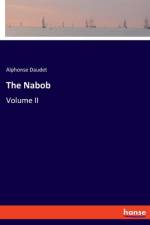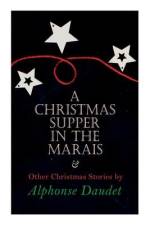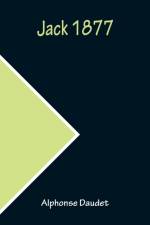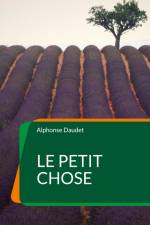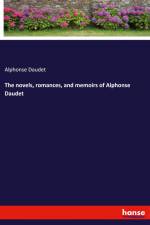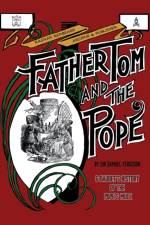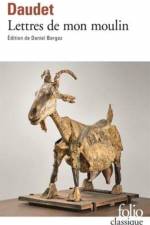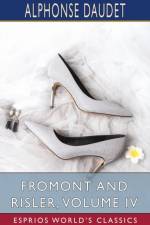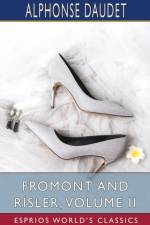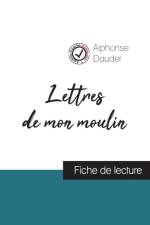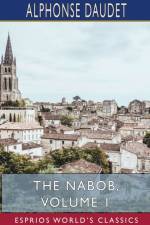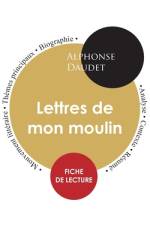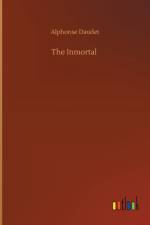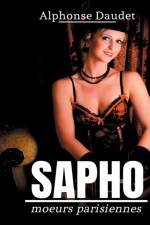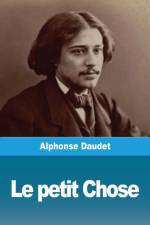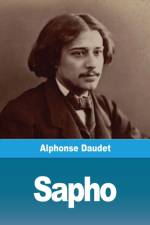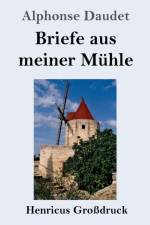av Alphonse Daudet
237
FATHER TOM AND THE POPEby Sir Samuel Ferguson, keeper of the Irish Records. This charming little book is quite a literary gem, a burning satire, easily surpassing "Mr. Dooley." In fact it is almost Rabelaisean in its rollicking hilarious humor.Why is it, that Ireland produces few if any great writers? The islands positively swarms with screaming politicians, fanaticeditors, and sleek, oily, well trained priests, but of thinkers there are none. In the old days, when its people were Pagan, when their gods were ideals of heroism and battle, they were a venturous people, warlike, bold and free. Ireland then produced bards of power and men of renown who could not be mastered, intimidated or mentally subdued. But since the unfortunate people embraced and accepted as a true false Syrian superstition, they have lost all their former glory and grandeur. The downfall of Innisfail dates from the landing of St. Patrick, the preaching of that untruthful sermon on Tara Hill, and the inoculation of the native Celtic mind with the base, submissive and puerile philosophy of the "lowly" Nazarene. In the argument of the three leaved shamrock there is an illusion of the senses, a deliberate deception. It was a hollow oratorical sophistry, but had the effect probably intended. It weakened and disarmed the native mind. It prepared the way for other fallacies. It overthrew the morality of the heroes and led on to the military and economic subjection and exploitation of the island by successive swarms of foreign conquerors. Vikings, Danes, Saxons, Normans, Cromwellians and Hollanders all found it an easy prey. Personal freedom and independence utterly perished. Courage and manhood depreciated. Hopelessness and fear reigned. The intellect of the nation was poisoned. Is that notthe exact meaning of Tom Moore's celebrated lament: "So sleeps the pride of former days, So glory's thrill is o'er.And hearts that once beat high for praise, Now feel that pulse no more."No more kings and ladies bright, The Harp of Tara swells, The chords alone that break at nightThe tale of Ruin tells.""Father Tom and the pope" is not a great book, remember. We do not say it is; but it is a most delightful one. Some rays of the ancient genius of the people scintillate through it. The hero of the tale, Father Tom of Connemara, goes on a visit to the Vatican. He kisses the pope's housekeeper, raises the dander of His Holiness thereby and creates no end of marvellous complications. Illustrated.This edition includes Alphonse Daudet's "History of the Pope's Mule."


